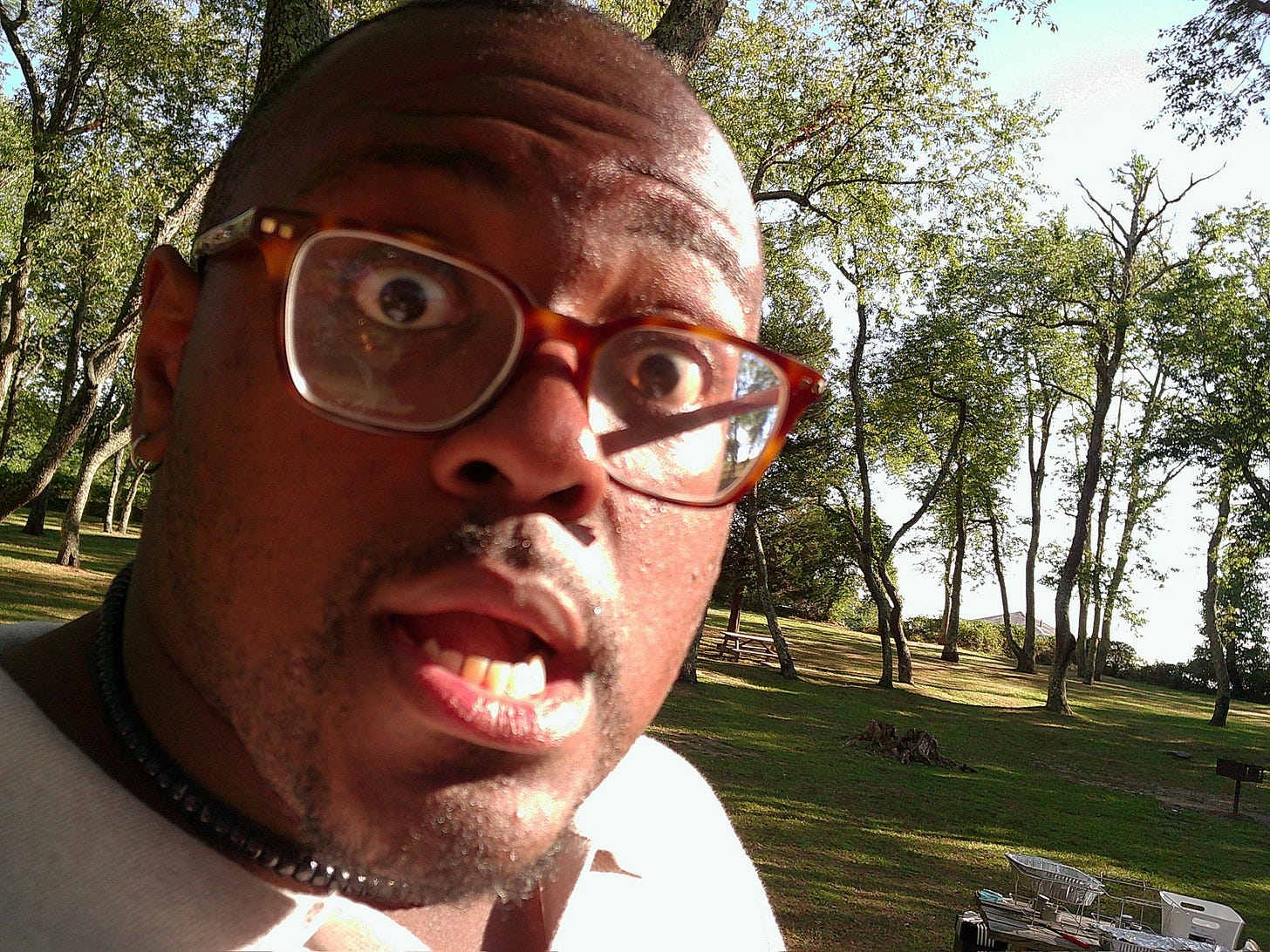I was an incredibly talkative student. My teachers would mark my report card with decent grades, but always mention that I was constantly talking. Chatty Kathy. My desk was moved alone often, but I always found a way. As I got older, there came a time where my voice belonged to everyone but me. My pronunciation, and diction were not allowed to be my own. Expectations were formed.
“Stop saying that”. My mother told me.
“Saying what?” I asked.
“Awesome.” She said mimicking my child-like voice.
Certain things in our house were considered gay, and certain things were white. The word “Awesome” was both. I picked it up from Cartoon Network—the channel that was considered boy-ish in comparison to Disney Channel, and Nickelodeon. The other boys were watching shows like Ben 10, Johnny Test, and Camp Lazlo, where every other word was “Awesome”. I was picking up language from the media I was absorbing. I didn’t have a polished vocabulary, or was considered “gifted”, but I did repeat things I heard from TV, and movies—which eventually got my face hand-checked in Stop & Shop. Who knew the word orgasmic referred to sexual pleasure and not just how good a meal was?
As a teenager, I spent time on the internet, unsupervised. On Facebook, Twitter, Instagram, and Youtube internalizing language, and internet references that would eventually become major parts of my middle school, high school lexicon, and personality.
“Why do you talk like that” was a question that bounced in my empty skull. It was often followed by “You talk white”. I could never answer the question. Why did I talk like that? What was like that? I offered the voice-diction-vocabulary investigator a shrug. Eventually, the question became a statement, and morphed into “You’re like an Oreo. Y’know, white on the inside, Black on the outside.” This was supposed to be a compliment, but there I was still confused. I once again would shrug. I couldn’t explain anything.
I was Black everywhere. There was an expectation that I was supposed to sound a certain way, and when a different sound came out of me it was met with both intrigue and confusion.
This isn’t a I-was-too-Black-for-the-white-kids-too-white-for-the-Black-kids story because that’s not what happened.
The scrutiny mainly came from adults in my life, with the exception of the Latino kids I spent my after-school time with that praised me on not being like the other Black kids. They liked me for not being “ghetto” or “ratchet” but in the same breath I was joked on for being darker skinned. My quirkiness was rendered to attempts to become more white and distance myself from my blackness.
I was a kid raised in an African American household, I knew the Friday references, I watched Soul Plane too young, I ate Baked Mac & Cheese and Collard Greens on the regular, I learned how to make Chicken and Pastry. I knew Baby Boy would be on BET. Everything they said I wasn’t, I actually was. It was all just packed differently. It was wrapped up in Naruto’s “Believe It” and the “Power of Friendship” corniness that came with being a child with an overactive imagination who dreamt of being a writer.
College was where this Oreo was fully submerged into milk. In the midst of being mistaken for other Black guys, there were narratives I had to fulfill, boxes that had to be checked. It was on that campus I grew into a more confident person. As I continued to become secure in my personality, my taste in music, my language, my references, I found myself feeling more and more comfortable being myself.
I’m sure my peers were still judging me for listening to Taylor Swift, Lorde, and being in Student Government, but all of the noise was never enough to knock me off my axis. Frankly, people who choose not to understand me and the nuances of my Blackness don’t deserve to be in community with me.
That’s just how the cookie crumbles.
—S




💐💐💐